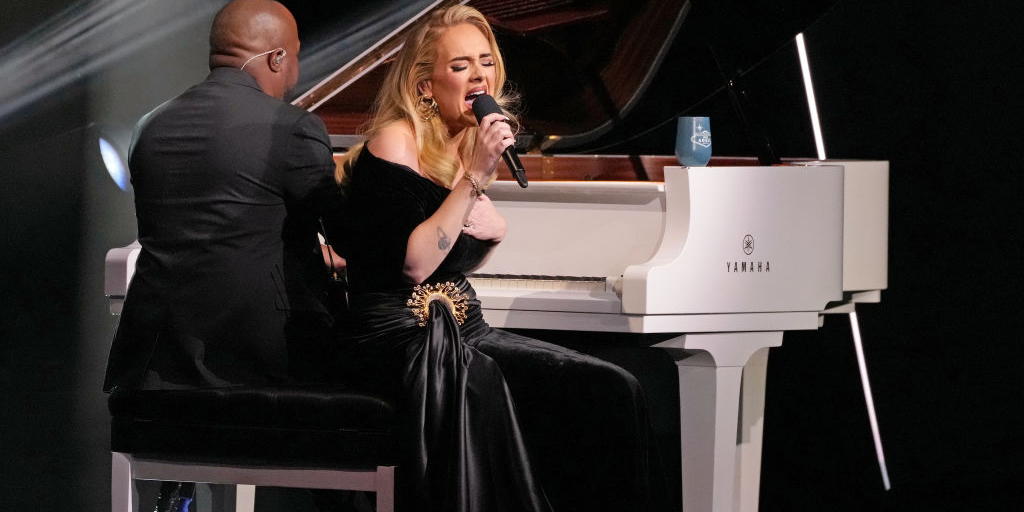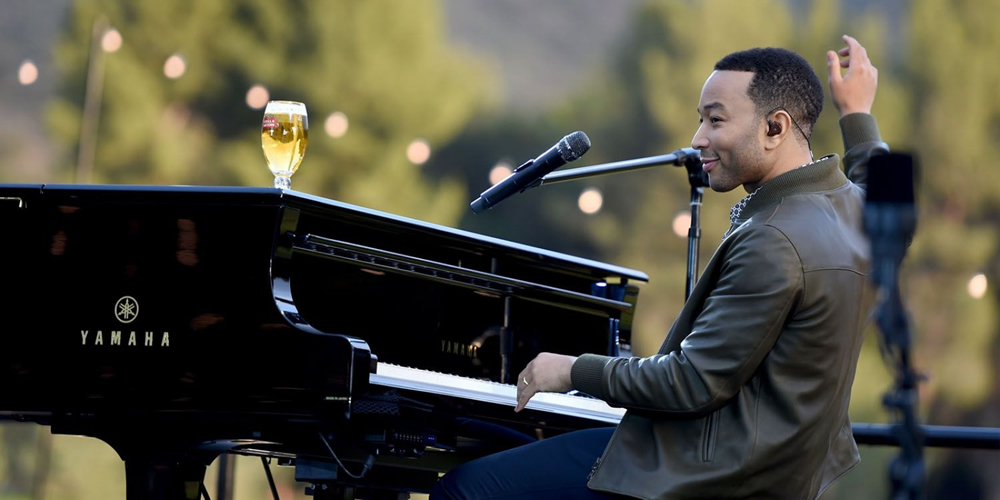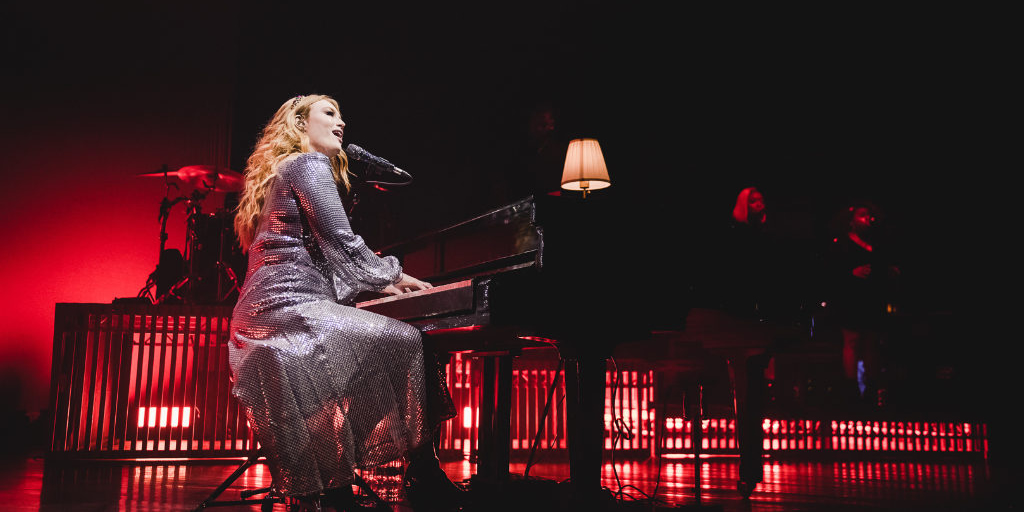The Resurgence of the Classical Piano in Modern Music
The most human parts of a piano sound are depth, resonance, and fragility. For centuries, the voice has been the emotional background of symphony orchestras, soloists in concert halls, and countless beginnings of creations from composers. However, throughout the last decades, digital sounds and synthetic beats have become the primary ingredients of popular music, which may have caused the piano to take a back seat in the backdrop until now. The classical piano has begun to redeem itself from concert halls and into the settings of modern albums, tours, and performances. It is now re-emerging spectacularly with mainstream recognition.
People today want something real from their music. They've already forgotten about the instruments that have come to life with a finger touch, again with the new demand for re-establishing old technologies amid the digitality revival of classical piano among popular music. Whether it is through ballads that are straightforwardly uninhibited or performed live in an acoustic setup, there is a rediscovery by artists of using the piano to evoke emotions, bring out weaknesses, and improve storytelling. It's no longer background; in some songs, it's taking back its proper place.
Adele – Soulful Ballads Elevated by Piano Emotion
Very few artists have put the classical-pop piano back on the map as much as Adele. Her songs Someone Like You and All I Ask use the piano to phenomenal effect to enrich her soulful singing. Both tracks have minimalistic, heartfelt piano melodies that carry her vocal work to new heights. In performances, Adele respects the emotional tone of the grand piano with the accompaniment of elegant acoustic arrangements. One of the reasons why her music speaks so much to so many people is her choice of building full songs with piano accompaniment.

John Legend – A Modern Maestro with Classical Roots
American singer John Legend, songwriter and pianist, always approached the piano, but the traditional classical found its way into the R&B and soul forms in which he performs. The classics, like Ordinary People, are accompanied by rich piano progressions. For Legend, the piano is more than just a tool; it has become a part of his musical identity. During stage performances and even awards shows on television, the piano solos always manage to steal the show. He plays fluidly, which begs his classical training and causes many aspiring pianists to try copying his sound.

Freya Ridings – Intimate Songwriting Woven Through Piano Notes
British singer-songwriter Freya Ridings is not well known globally, but the emerging young talent has brought classical piano to a new audience. Her big break, Lost Without You, is replete with one delicate, haunting piano part, which she plays herself. Ridings has been open about her ability to reach her feelings through playing the piano while writing songs. Most of her stage sets entail a simple spotlight and a grand piano; nothing should draw you away from your music: just pure music in its form.

Timeless Instruments: The Most Prestigious Piano Brands
Merging classical piano with contemporary styles imparts a revived grandeur to the craftsmanship of piano builders whose works have been treasured from one generation to another. Three brands in particular contribute to the instrument's rich heritage while evoking the feel and status of today's performers.
-
First is Schimmel, the German makers of tradition and the new. Founded in 1885, Schimmel pianos are known for clarity, touch response, and beautifully sweet tone, including among conservatories and artists who must balance expressive depth and technical precision. Whether playing Chopin nocturnes or Adele ballads, Schimmels gives an intimate yet sonorous experience. Their Schimmel piano models range from concert grands to stylish uprights, fabricated with painstaking attention to detail. Any player finds a very special bond when performing on Schimmel: the piano becomes kind of a second voice.
-
Next on the list is once-crowning Steinway & Sons, the most familiar name in piano history. The Steinway Grand Pianos, with their warmth, dynamic range, and artisan excellence, have been the venerated benchmark in the concert and jazz world. Well over 90% of concert pianists choose Steinway, while others, like Alicia Keys and Billy Joel, have also embraced the brand. The trademark sound of a Steinway grand finds its way into the concert hall and recording studio as a bridging structure between classical antiquity and the modern day.
-
Third on the list is Fazioli, another Italian, who is, however, a relatively young but very much acclaimed maker of pianos. It was set up in 1981, and Fazioli pianos are distinguished by their brilliant, clean tone and superb responsiveness. Less widespread than Steinway or Schimmel, Fazioli instruments are adored by the few pianists who demand perfection in every note. Their pianos are made to order, with some featuring rare wood inlays and advanced-tech mechanics. Exclusively at Fazioli, it has been used during sweepstakes and studio recordings, with crossover artists from pop and classical circles approaching it for its beauty and clear sound.
The Enduring Appeal of the Piano
In the context of contemporary music, what role does the traditional piano play? In a time where overproduction is encouraged, it might be the simplicity itself. The emotional honesty that only an acoustic piano can provide to listeners, perhaps. Maybe it's a part of the cycle where the old becomes new again all at once. But certainly, it has an audience: a singular voice and a piano can still bring a stadium to tears.
And as artists from all genres flock once again to the instrument—not for nostalgia, but authenticity—so the piano is enjoying a deserved renaissance: whether with Adele's anthems, John Legend's soulful ballads, or, indeed, the haunting beauty of Freya Ridings' melodies, the classical piano is proving it still has a central role to play in shaping moving music.
Next time you listen to a pop song that makes your heart ache, pay attention. Most likely, this is not just because of the lyrics or the voice, but because of the timeless grace of a piano that reverberates through the ages.







